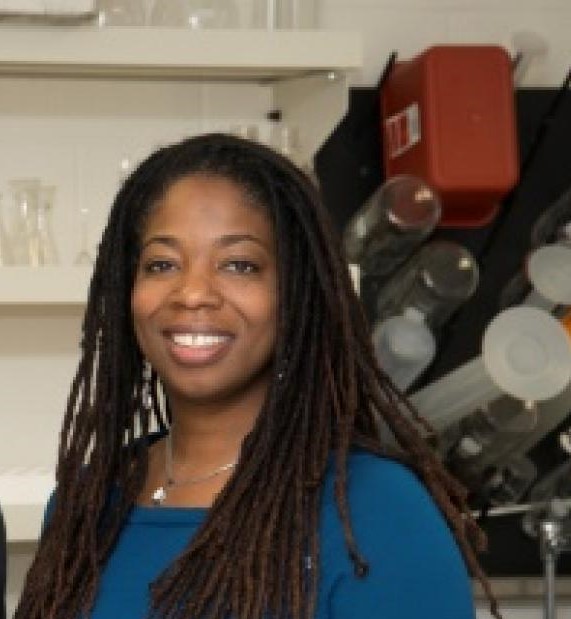
Professor Northcross is interested in developing tools and approaches to assess human exposures to environmental hazards that center community experiences and knowledge. As a air pollution scientist and engineer she aims to use science as a tools to identify environmental injustices and develop practical solutions. As Director of undergraduate education for the Department of Envrionmental Sciences and Engineering in the Gillings School of Global Public Health, University of North Carolina, Chapel Hill, she works to create opportunities for undergraduate students to conduct community engaged research.
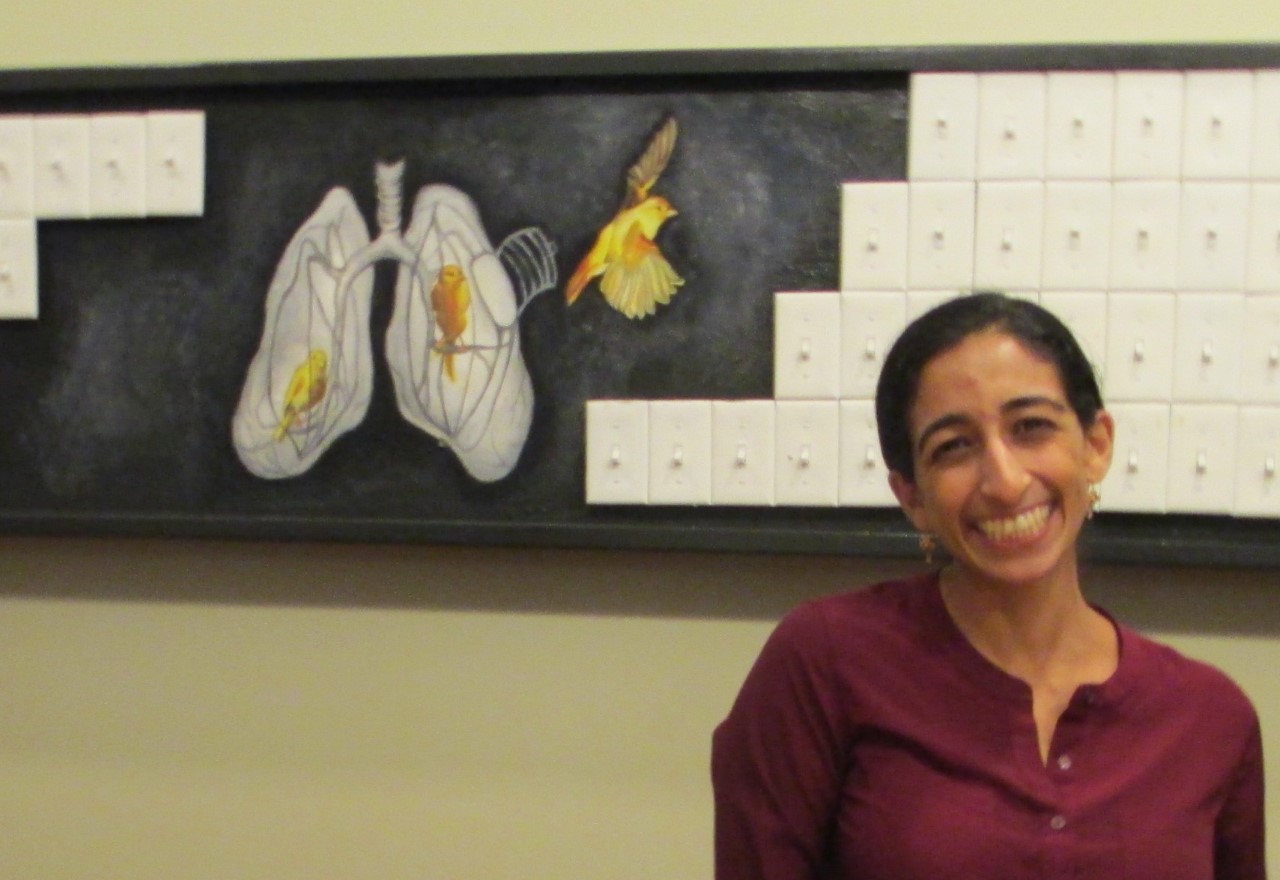
Assistant Professor Dhingra studies the ways in which psychosocial and environmental exposures modulate air-pollution-induced adverse health effects. Within this area, her multidisciplinary research ultimately aims to craft practical solutions for those experiencing environmental injustice, whether disadvantaged by pre-existing conditions, psychosocial circumstances, or geographically-rooted vulnerabilities. As an advocate of scientific outreach, she has worked with science communicators to “translate” technical material for lay audiences.

Dr. Jada Brooks is an associate professor at the University of North Carolina at Chapel Hill School of Nursing and the Carol Morde Ross Distinguished Term Scholar of Psychiatric-Mental Health Nursing. She earned a PhD from Duke University and completed postdoctoral training at the University of North Carolina at Chapel Hill. The goal of Dr Brook's work is to promote environmental health equity among American Indian women.
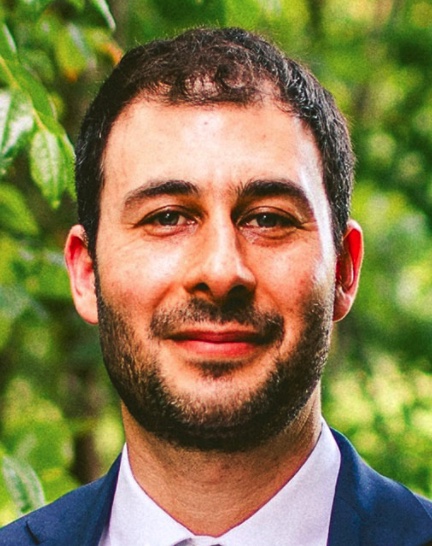
Dr. Fisher develops, evaluates, and applies technologies and methods for addressing under-recognized health concerns in water and sanitation, both in the US and internationally. This work focuses on three areas: 1) monitoring and evaluation of water and sanitation processes, infrastructure, and service delivery; 2) improving water and wastewater treatment; and 3) applications of implementation science and quality improvement methods to improving the performance of water and sanitation systems.
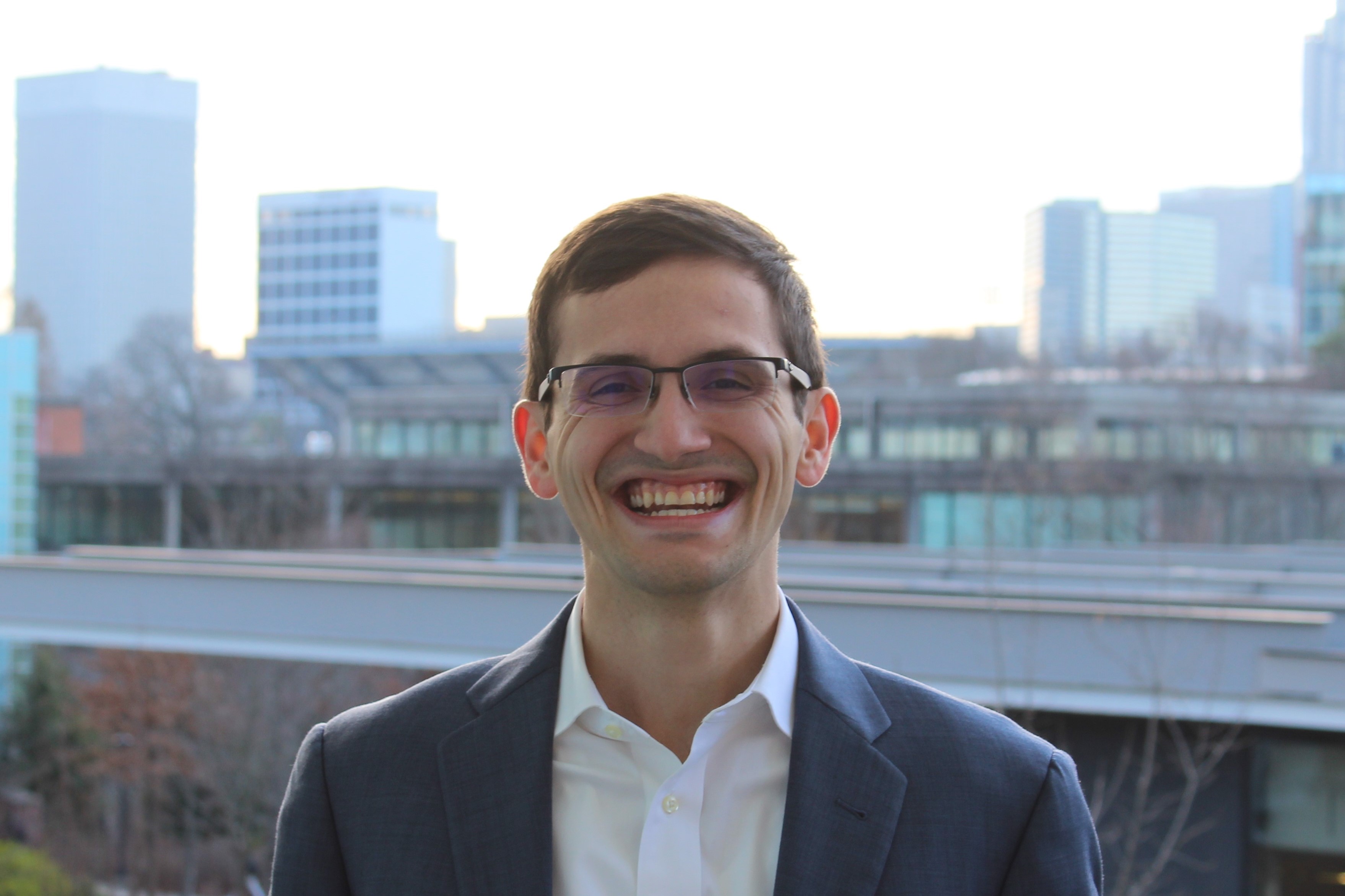
Timothy is a Master’s student in Environmental Engineering, and a TA for the water quality portion of the ECUIPP lab. He works primarily in the space of water quality monitoring and evaluation, focusing on low-cost sensors and technology development. He also has worked to develop international and locally-oriented educational tools and curriculum for increasing water quality monitoring capacity. Timothy’s current work is on evaluating novel methods for monitoring toxic metals and fecal indicators in drinking water.

Brenda Dial Deese, Lumbee, has professional experiences in counselor education, higher education, public education and community advocate. She has a PhD in Curriculum, Instruction and Counselor Education from North Carolina State University and is credentialed as a Nationally Certified Counselor (NCC), as well as a North Carolina licensed clinical mental health counselor supervisor (NCLCMHCS).
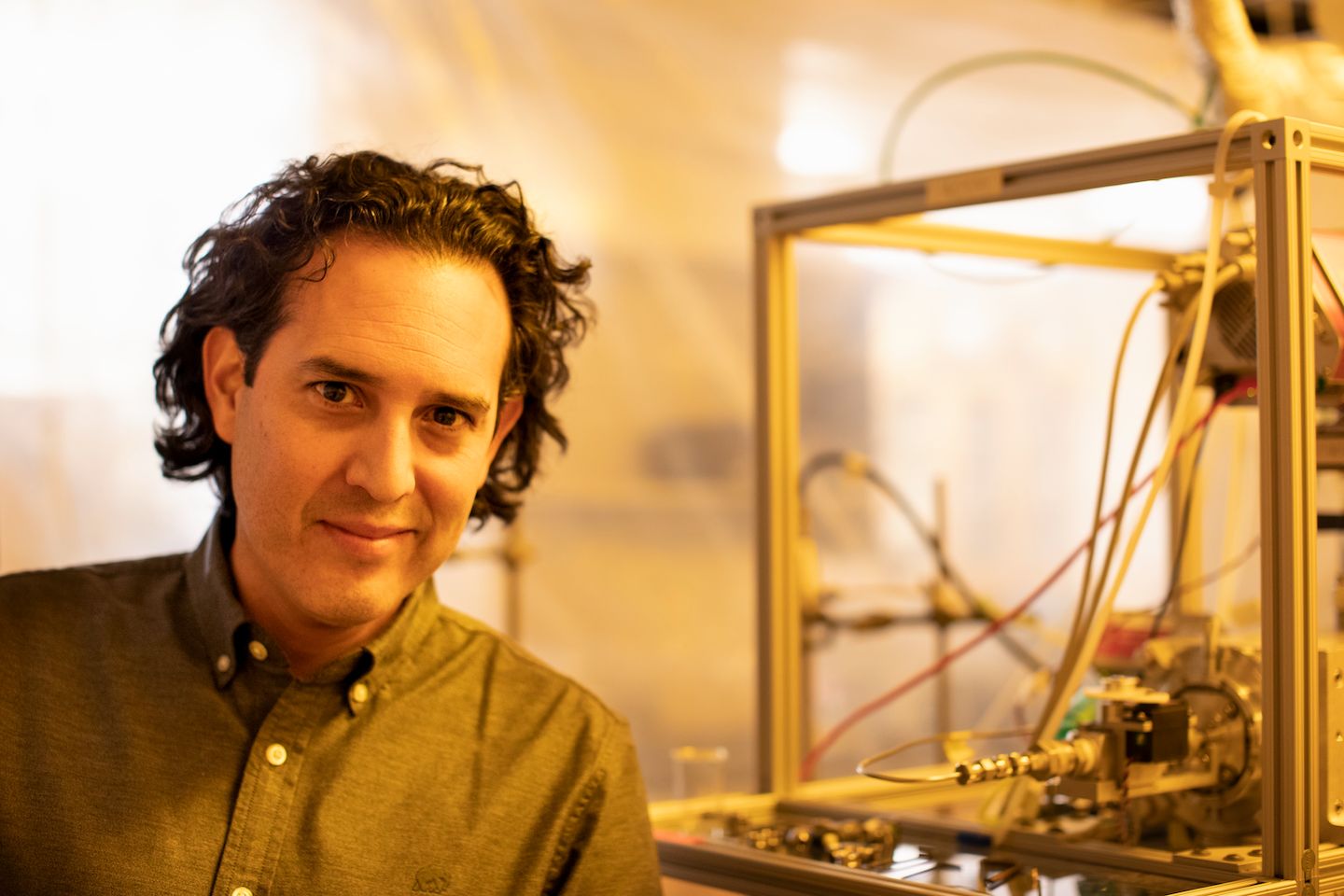
Dr. Vizuete's research is motivated by the public health issues of air pollution and climate change. Through this research he has produced new insights through air quality models, field studies, laboratory experiments, and novel in vitro technologies. He has also worked with policy makers to clean the air above our dirtiest cities.
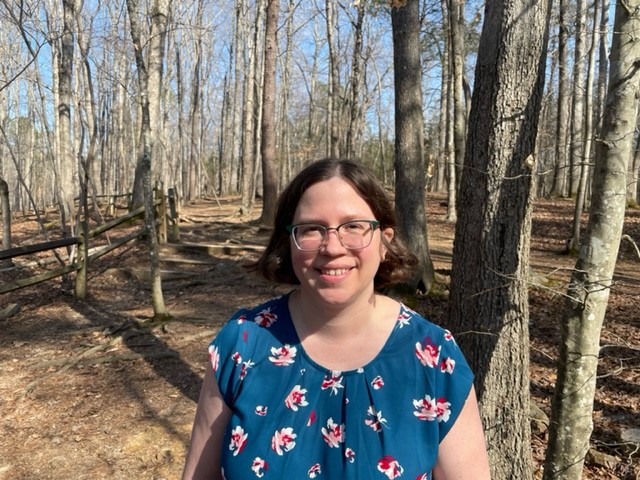
Dr. Anne Weaver is an epidemiologist at the US Environmental Protection Agency. She studies health impacts of air pollution, climate change, and extreme weather events, especially in disadvantaged communities. Dr. Weaver advises the ECUIPP lab on air pollution monitoring and assessment and hopes to increase community engagement in her research.
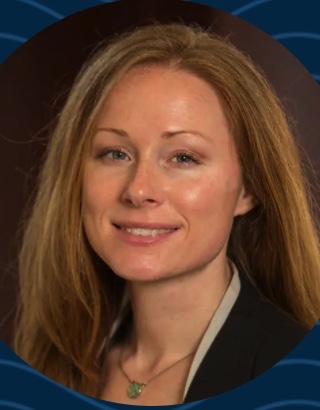
Gail is a Social Clinical Research Specialist and project manager in the School of Nursing working with Dr. Jada Brooks. From managing recruitment to complicated logistics, she an integral part of our community-engaged approach to investigating the environmental health and social determinants in Robeson County.